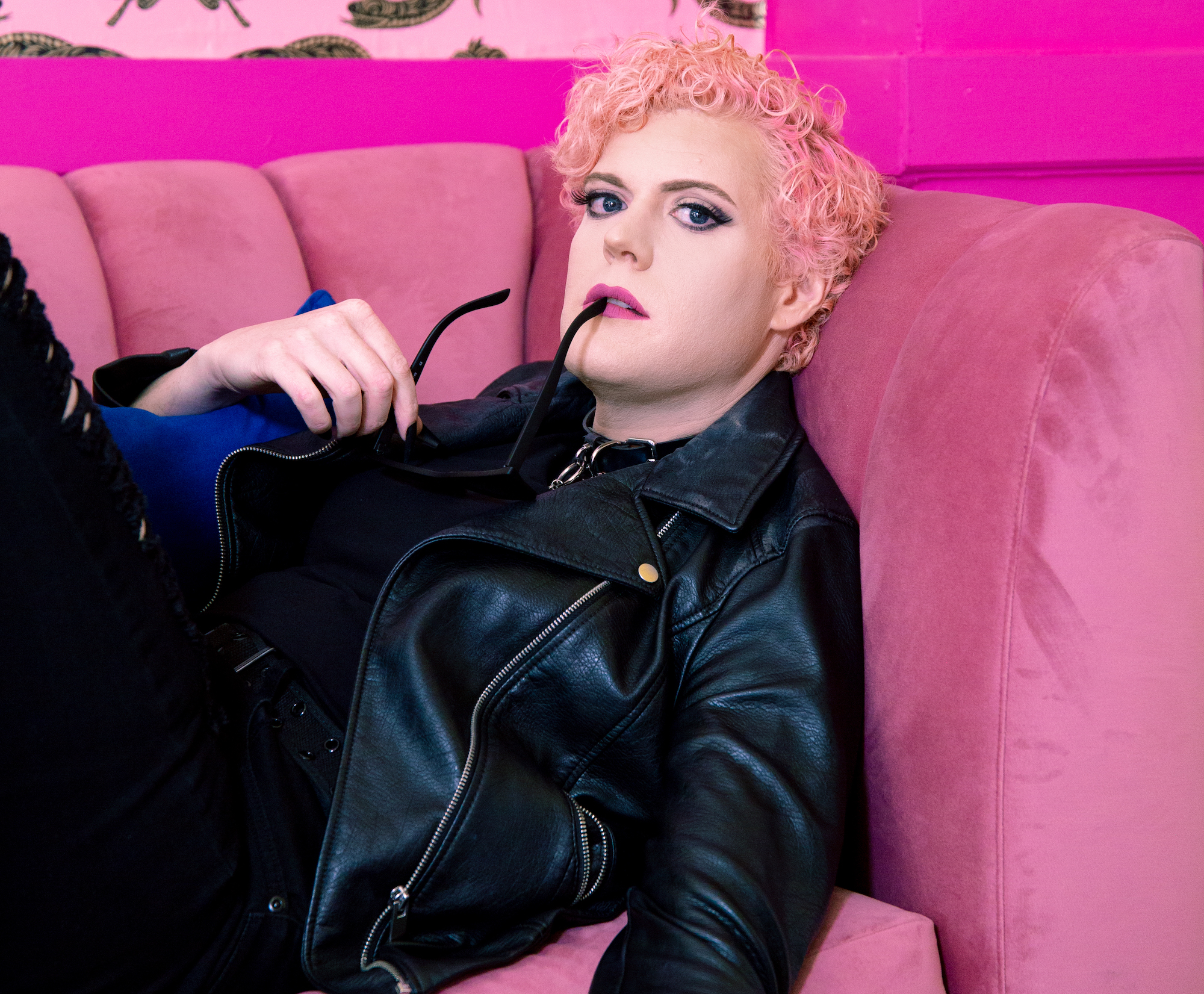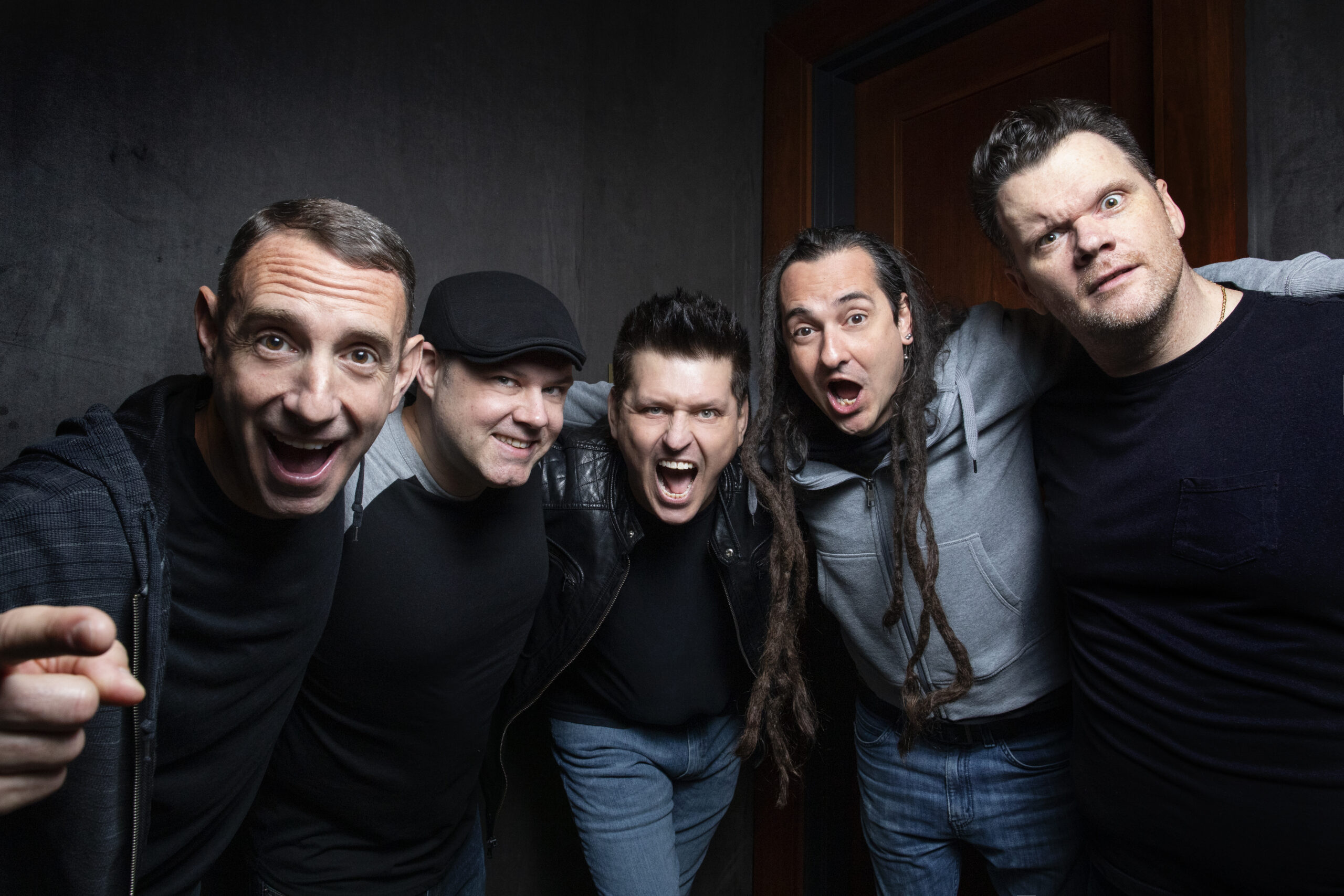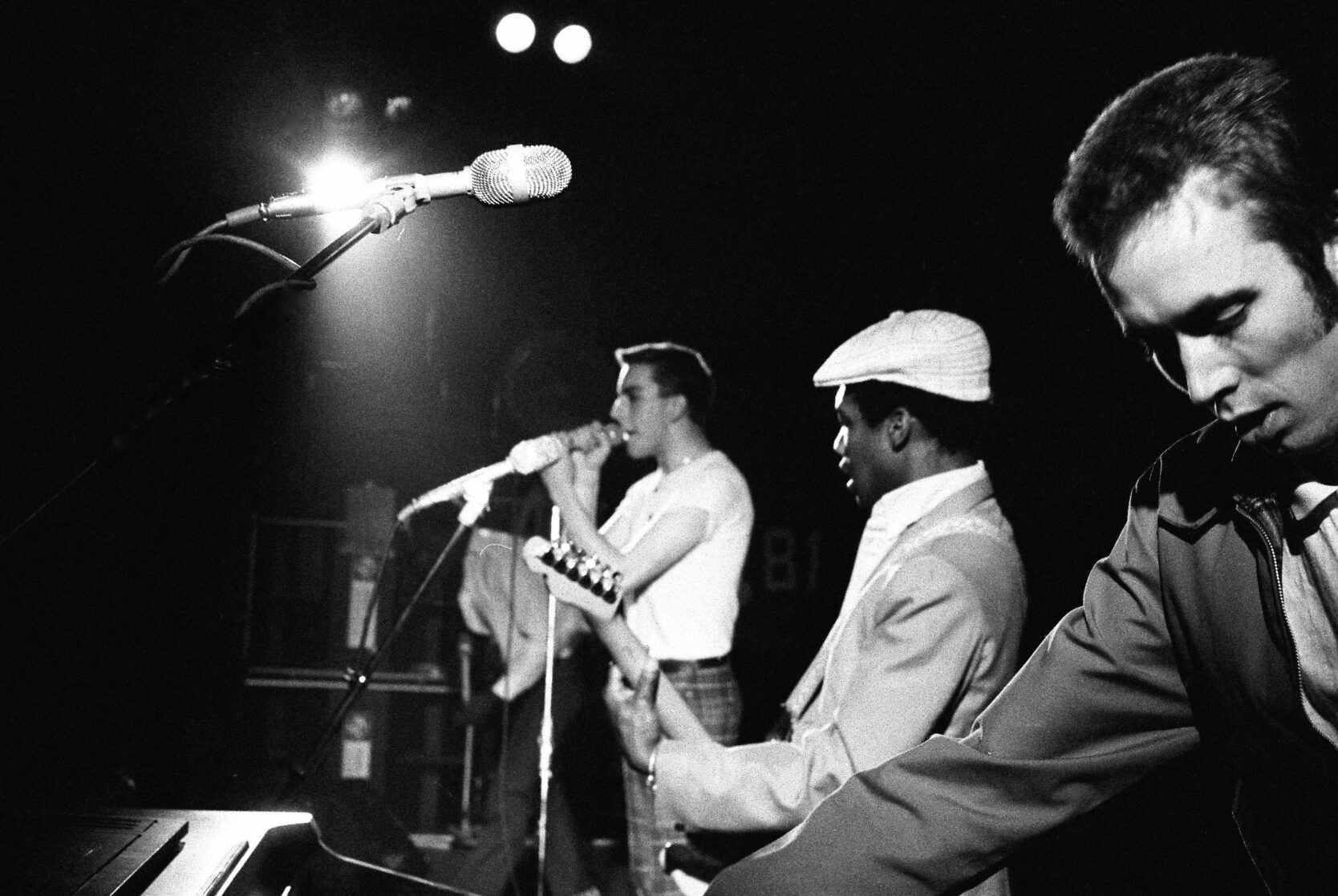At this point, the jokes about ska are about as tired as the jokes about fedoras — which are maybe one of the more deserved of the many digs at ska. It’s got horns. It’s corny. It’s silly. It’s “what plays in a 13-year-old kid’s head when he gets extra mozzarella sticks,” as the internet would tell you.
They’re easy jokes to make, and there are bands that venture into silly territory with costumes and lighthearted songs, but for every Aquabats, there’s a Less Than Jake singing about feelings of failure and anxiety or Reel Big Fish writing songs about feeling like they’re never enough.
For so many, ska is the sound of revolution. Bands like the Specials and Madness have been using the genre to talk about topics like race and class issues. As the genre evolves, that “sound of revolution” echoes the societal changes and cultural shifts. Right now, ska bands are creating another “revival” and re-analysis of the genre by discussing things like mental health, gender, and LGBTQIA+ representation.
“Releasing songs in a style you enjoy, around the internal dialogue that’s haunting you at the time, doesn’t deserve to be boiled down to ‘what you hear in your head when you get extra mozzarella sticks,’” Flying Raccoon Suit vocalist Jessica Jeansonne says. “I wish people would not discount someone’s art just because there’s a little bit of trumpet in it. There’s a whole underlying message of somebody suffering, but somebody hears a trumpet and it’s ‘There’s that cheese.’”
A great example of a recent ska album dealing with these heavy topics is We Are the Union’s Ordinary Life, which discussed vocalist Reade Wolcott coming out as trans. From Wolcott’s perspective, the memes — even the annoying ones — are mostly chalked up to misinformed internet culture.
“My interpretation is that those people who are really pushing that narrative have the same take as the folks in 2010 when everyone was calling every band Nickelback,” she says. “In my opinion, it’s this brainless take that isn’t really founded in anything other than a contrarian need to be superior to somebody. I think it comes from a place of that more than it comes from legitimate criticism.”
Her experience in ska, more so than even in the genre’s cousin of punk rock, has felt inclusive and able to discuss these heavy themes. She believes it’s possible that the bouncy, disarming sound of the music itself and the often funny surface aesthetic presents an opportunity to discuss things without venturing into preaching or aggression. When other genres weren’t ready to talk about things, ska was — and compared to punk rock, it’s framing of these difficult topics was often a little less nihilistic.

“I think there’s something really cool about diving into darker territory and more moody subject matter within the context of music that sounds a little upbeat on the surface,” Wolcott says. “The fact that ska does sound a little bit lighthearted makes it not only an easier pill to swallow, but I also think, from a creative standpoint, it allows for a different tone to have those conversations — and I think that’s really important. That’s something that we miss in conversations about social issues so often. Everyone’s different, and everyone needs to have conversations in a different way. I think ska really lends itself to those conversations in a way that is both an easier pill to swallow, but it also allows for what feels like a friendlier conversation.”
Less Than Jake saxophonist Peter “JR” Wasilewski agrees that the genre tends to lend itself well to concealing necessary conversation and empathy in a happy little package, quoting Mary Poppins’ “A spoonful of sugar helps the medicine go down.”
They all know that as American culture changes, subculture changes with it. As things become accepted in the mainstream, the subcultures push the boundaries of what is and isn’t acceptable. A lot of people would chalk this up to genres like hip-hop, metal and punk rock, but Wolcott says that ska thrives in its ability to tackle issues with humor without ever punching down.

Yet, even with cartoonish ideas of classic guys in checkerboard suits skanking around to a song about nothing, modern ska musicians stand firm that they’re the music of revolution. That revolution has changed over time, just as society has changed over time. Ska has undergone so many of its own “revolutions” as it falls in and out of favor in the public eye, but with each one comes a new conversation to push. This generation’s bands, like Catbite and the Interrupters (in addition to those mentioned earlier), are using the genre’s time in the spotlight to champion mental health.
Ska will always be about celebrating and getting those extra mozzarella sticks. Eventually one of the mainstream bands will likely even write a song about it — but they’ll also be the ones battling against transphobia and racial inequality, singing about mental health and the difficulties of self-care. But it’s ska, so we’ll all dance.
“Just because somebody is talking about a really tough subject doesn’t mean that we can’t party while we’re talking about it,” Wasilewski says.





